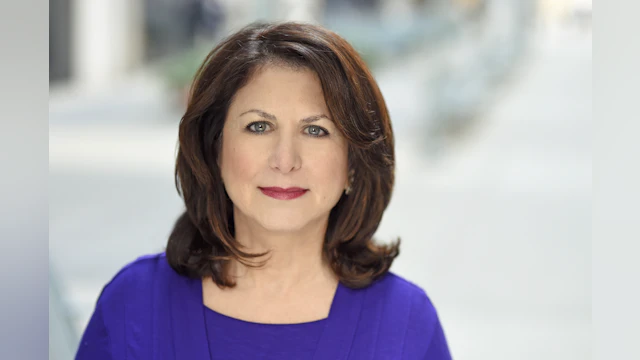Mar. 25, 2019 - It’s something that comes up again and again whenever the topic of suicide is raised: our need to encourage those who are struggling to connect with professional help. But what many people don’t realize is that not all mental health professionals are trained in suicide prevention! (It’s shocking, I know.) With suicide currently the tenth leading cause of death in the U.S., it is imperative that we educate all mental health professionals about the complexities of suicide, and what they can do to save lives: from the common risk factors and warning signs, to the latest interventions and strategies for helping those at risk.
I found myself thinking of this yet again last weekend, as I traveled to Boston to present to a large room full of early-career mental health professionals on the subject of suicide prevention. The talk, made possible through a collaboration between my organization, the American Foundation for Suicide Prevention, and the Psychiatry and Behavioral Health Learning Network (PBHN, formerly Psych Congress Network), is the first of ten training conferences. Next week, I’ll be making my way to Philadelphia for the second regional training session designed as an introduction to suicide prevention, for continuing medical education credit.
AFSP’s Vice President of Programs, Dr. Doreen Marshall, and myself will be heading across the U.S. to “train-up” psychiatrists, psychologists, social workers and other mental health providers about suicide prevention, and we couldn’t be more excited about it. It’s an important opportunity to showcase the evidence-based suicide prevention interventions available to clinicians, such as Cognitive Behavior Therapy - Suicide Prevention, Dialectical Behavior Therapy, Collaborative Assessment and Management of Suicidality (CAMS) and Attachment Based Family Therapy (ABFT). We will shower participants with resources including the Suicide Prevention Resource Center, the National Suicide Prevention Lifeline, Crisis Text Line and resources from the Substance Abuse and Mental Health Services Administration. With these strategies and resources available to them, a new generation of clinicians will be more equipped than ever before to spot those who are at risk, and ensure that they truly get the help they so desperately need.
We’re also looking forward to conducting a pre-conference, full-day workshop, and a briefer session, at PBHN’s annual national meeting in San Diego, October 3-6, 2019.
We’ve started the conversation and couldn’t possibly reach as many clinicians without working with PBHN. Together, we hope to change the playing field so that all mental health professionals have the training in suicide prevention that will enable them to save countless lives.
